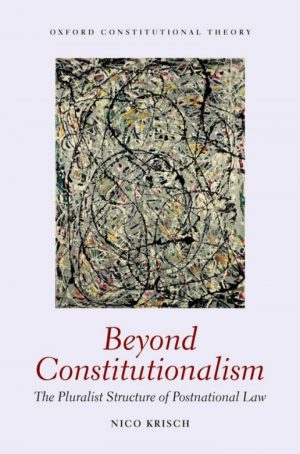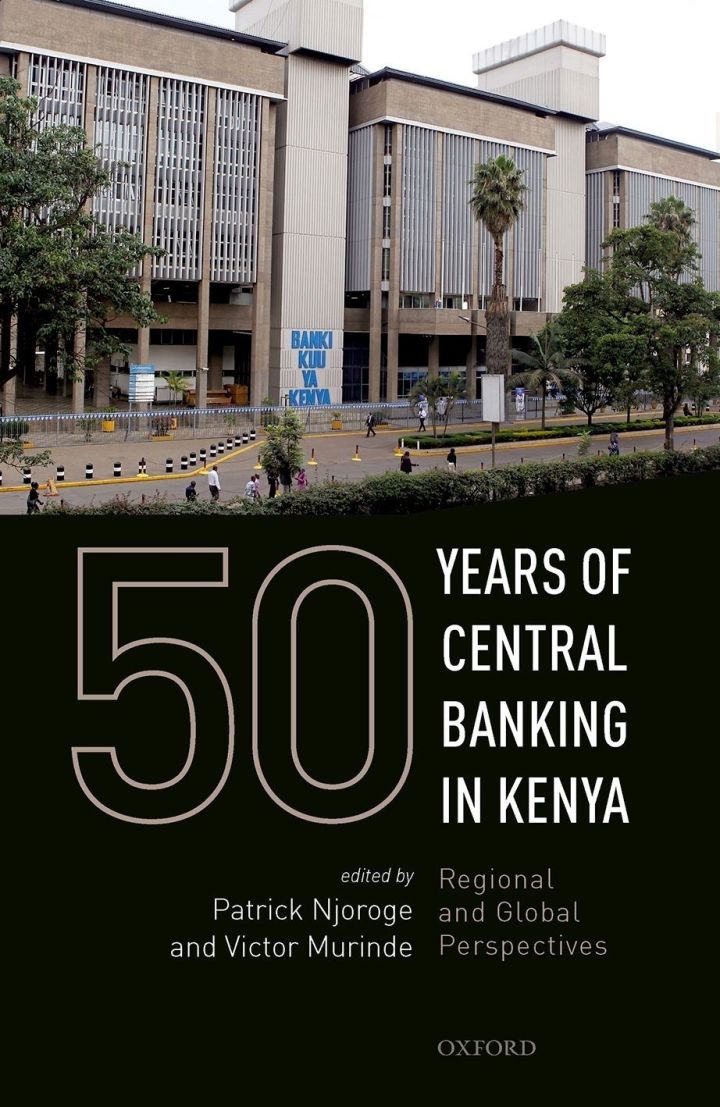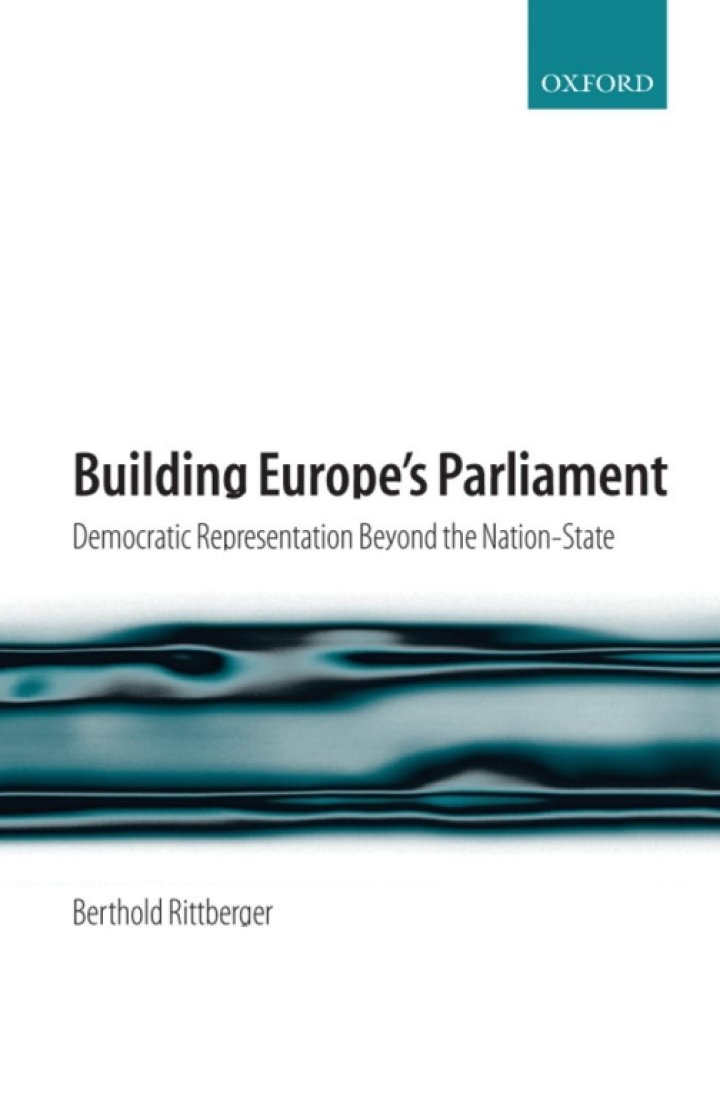Building Europe’s Parliament Democratic Representation Beyond the Nation State
$16.25
Attention: This is just ebook, Access Codes or any other Supplements excluded! / File Delivery: Sent Via Email within 24 hours!
SKU: 65af7762a985
Category: Law Textbooks
Description
-
Author(s)Berthold Rittberger
-
PublisherOUP Oxford
-
FormatPDF
-
Print ISBN
9780199231997, 0199231990 -
eText ISBN
9780199231997, 0199231990 -
Edition
-
Copyright
- Details
Why have the national governments of EU member states successively endowed the European Parliament with supervisory, budgetary, and legislative powers over the past fifty years? Building Europe’s Parliament sheds new light on this pivotal issue, and provides a major contribution to the study of the European Parliament. Rittberger develops a theory of delegation to representative institutions in international politics which combines elements of democratic theory and different strands of institutionalist theory. To test the plausibility of his theory, Rittberger draws on extensive archival material and offers theory-guided, in-depth case studies of three landmark decisions in the history of the European Parliament: the creation of the Common Assembly of the ECSC in 1951 and the concomitant acquisition of supervisory powers vis-à-vis the quasi-executive High Authority; the delegation of budgetary powers following the signing of the Treaty of Luxembourg in 1970; and the delegation of legislative powers resulting from the adoption of the Single European Act signed in 1986. This is followed by the charting of more recent key developments, culminating in the adoption of the Constitutional Treaty in 2004. The book provides a welcome addition to the literature on institutional design by reflecting on the conditions under which governments opt for the creation and empowerment of parliamentary institutions in international politics. It also makes a valuable contribution to the application of democratic theory to the study of the European Union by demonstrating that political elites shared the view that the new supranational polity which emerged from the debris of World War II suffered from ‘democratic deficit’ since its inception, thus disproving the claim that the lamented ‘democratic deficit’ is a recent phenomenon.
Related products
-

BEYOND CONSTITUTIONALISM OCON C The Pluralist Structure of Postnational Law
Rated 0 out of 5$22.10 Add to cart -

Constituting Economic and Social Rights
Rated 0 out of 5$17.88 Add to cart -

Africa’s International Investment Law Regimes 1st Edition
Rated 0 out of 5$61.75 Add to cart -

Challenges for Humanitarian Intervention 1st Edition Ethical Demand and Political Reality
Rated 0 out of 5$27.62 Add to cart


